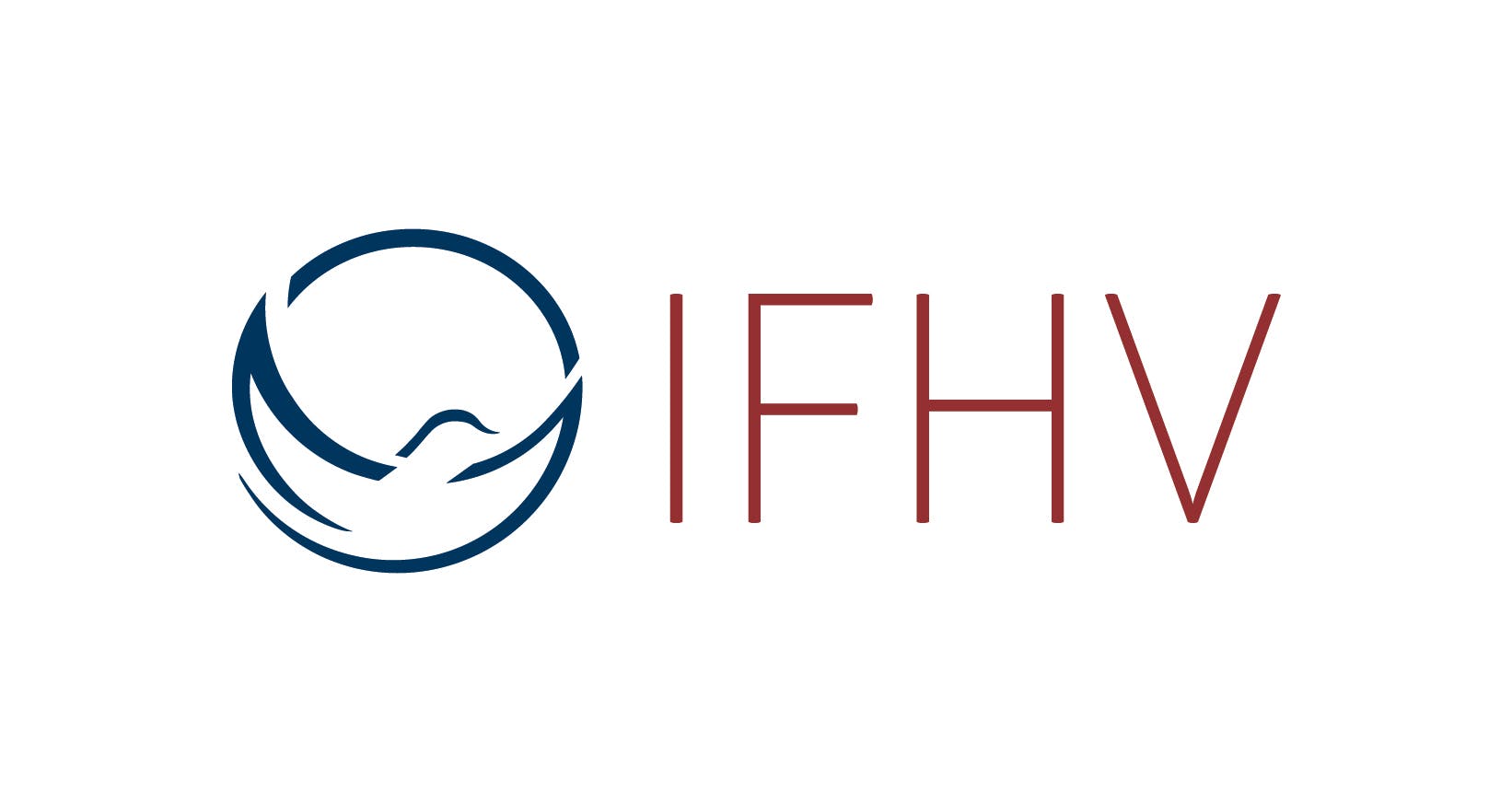Introduction to Mapping with QGIS
Already over
This course is an introduction to QGIS; it is a crash course for regular, “non-technical” people who are interested in using maps in their professional life but don’t know where to start: Exploring data is already a key competence for a wide range of positions ranging from politics to energy, journalism to humanitarian work. There is a wealth of geo-spatial data available (think how often Google maps is used) and this trend will only increase, yet very few people know how to engage with these information. Mapping data to make complex ideas and schemes understandable in a matter of seconds is the next step to increase the impact and reach of complex ideas. This course is the basic training needed to understand the fundamental concepts of mapping and become autonomous and confident in using maps in a professional setting.
You will learn
what types of data are used in a map and where to find them
how to import, view and manipulate geospatial data in QGIS
which simple styling techniques are available to highlight key data on a basic map
how to export data to excel and import your own data to QGIS
how to create a custom map with standard features and export a finalized map to .png and .pdf
Target group
Staff of humanitarian NGOs with several years of professional experience, participants of the course "Introduction to the Mechanisms of Anticipatory Humanitarian Action".
Participants must have working laptops that run either Windows, Mac or Linux. Google Chromebooks will not run QGIS.
Schedule
Module 1 - Introduction to Mapping in QGIS
- Types of data used to make maps
- Coordinate Reference Systems (CRS)
- Types of software and file types
- Where to find data you need to make maps
- How to download and save data
- Importing and using open-source data
- Save a project on QGIS and share it with colleagues
Danielle Kitchingman-Roy
Lecturer

Danielle has eight years of experience in the humanitarian and development sector and works across a number of fields. She teaches QGIS to humanitarian professionals seeking to build new skills alongside conducting training on Disaster Risk Reduction (DRR) at the French Development Agency. She also conducts final evaluations for a variety of clients in numerous countries through primary data collection, in-person and remote learning workshops and technical support including the creation of infographics to summarize and display key information that target a wide audience.
Sources
120,00€
18.11.2024 - 21.11.2024
8 hours of training
Online Event
 This training is organized by the Institute for International Law of Peace and Armed Conflict.
This training is organized by the Institute for International Law of Peace and Armed Conflict. Staff of ADH member organizations can apply for fee reimbursement. Please check within your organizations regarding the internally announced procedure.
Staff of ADH member organizations can apply for fee reimbursement. Please check within your organizations regarding the internally announced procedure.